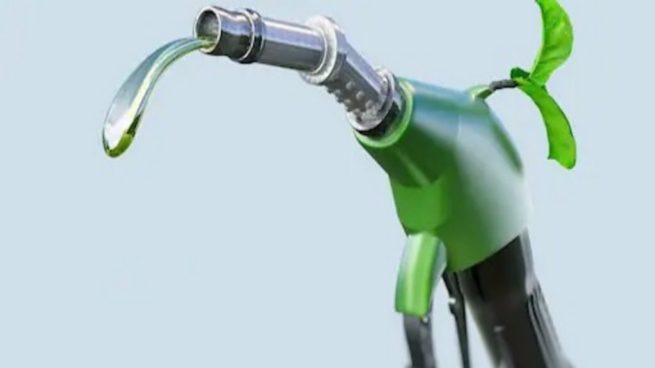Corn-based ethanol is more harmful to the environment that petrol, a study has found
A new study published in the Proceedings of the National Academy of Sciences, commissioned by the US Department of Agriculture has deduced that corn-based ethanol causes more harm than good to the environment.
The research claims that ethanol is likely about 24 percent more carbon-intensive than straight petrol. This contradicts previous studies and the worldwide belief that ethanol is ‘greener’ than petrol.
Funded in part by the National Wildlife Federation and US Department of Energy, the study investigated the use of land and water resources in the USA during 8 years (from 2008 to 2016) of the US government’s Renewable Fuel Standard (RFS) programme.
When the authors went beyond what comes out of a car’s exhaust pipe and combined econometric analyses, land use observations and biophysical models to estimate the realised effects of the RFS, the results were not in-line with what is commonly perceived.
Since RFS increased demand for corn in the USA, cultivation increased by 8.7 percent, which resulted in the use of fertiliser by up to 8 percent. The programme also led to the increase of corn prices by 30 percent and costs of other crops by 20 percent in the country.
However, worse still, RFS also degraded ecosystem carbon stocks, the study says, and resulted in more nitrate leaching, greater phosphorus runoff and increased soil erosion.
Corn-based ethanol has been mixed in huge quantities into petrol sold at fuel outlets in the USA for well over a decade. America’s oil refiners are required to mix around 36 billion gallons of corn-based ethanol into the nation’s petrol in 2022. The US Environmental Protection Agency is considering changes to the RFS programme by May.

